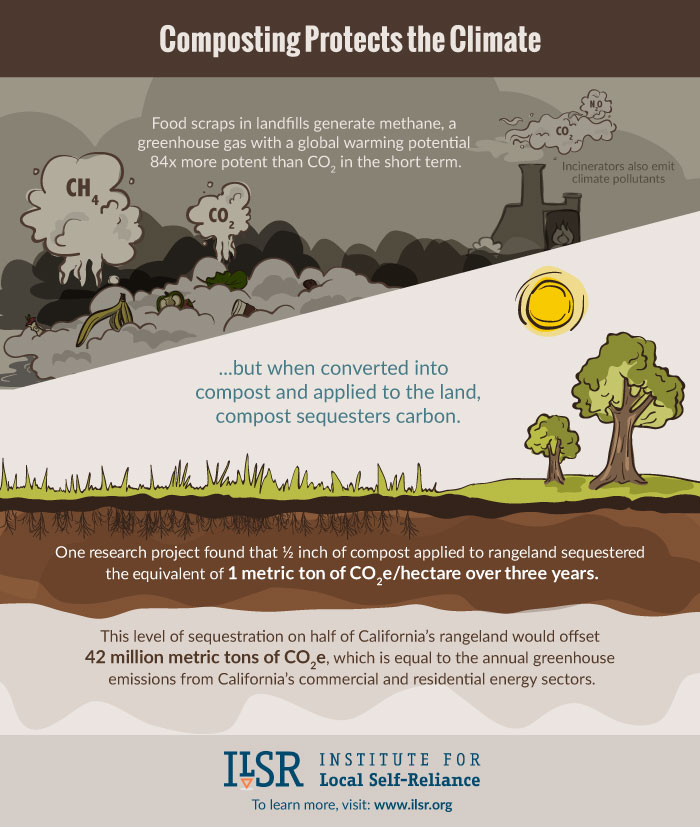Why food waste should not go to landfill
Our mantra at Bokashi Myanmar has always been “ORGANIC WASTE IS NOT TRASH”. It’s a message that needs to be heard, and we will keep shouting it.
In Yangon, two-thirds of all the trash collected by YCDC is organic waste. Most of this is food waste which quickly rots in landfill.
Rotten food accounts for 34% of all methane emissions, a greenhouse gas which is twenty times more damaging to the environment than CO2. Landfills are the second largest single human source of methane emissions in the United States and similar countries (we don’t have figures for Myanmar), accounting for 23% of all methane sources.
Diverting organic waste from landfill benefits the environment significantly. It reduces production of methane, toxic leachate, and potential pollutant runoff into local water sources at landfills.
Sending food waste to landfill is an unsustainable solution that contaminates air, water and soil.
It contributes to the problem rather than the solution.
Corporate bottom line
We believe that it also comes at a price to organisations’ bottom line as well as to the environment as contributing to pollution becomes increasingly unacceptable.
At Bokashi Myanmar, our main focus is to divert organic from landfills, providing a number of food waste solutions that enable you to make your food waste part of the solution by restoring soil in the local community.
When soil is healthy, it is more resilient to drought, flooding and climate disasters.
Healthy soil is the basis for growing healthy food — and that, ultimately, is the only way to create healthy people.
And a healthy planet.

Composting food waste
The best use for food waste is to restore soil. This can be done by composting onsite or offsite. Onsite is the best option where space permits (the bokashi method we use is very compact and efficient so requires less space than you might imagine, as well as producing extremely fertile soil amendments). Offsite composting, for example at our bokashi compost farm in Yangon, involves transport costs and emissions, but the net gain is still nearly total.
A well-managed composting process produces next to no greenhouse gases. It truly closes the loop of recycling, using compost made from the food waste to create healthy soil in a place as close as possible to where the food waste is generated.

‘Food waste produces methane
One ton of dry food waste produces 65 kilos of methane gas. A hotel which produces 60 to 100 tons of food waste per year (5-8 tons per month) would reduce its methane footprint by 3 to 6.5 tons.
The global-warming-potential of methane is referred to in so-called CO2- equivalents, which means that 1 kg of methane corresponds to 25 kg of CO2. One ton of dry food waste therefore produces the equivalent of 1625 kilos of carbon dioxide.
This means a hotel diverting 60 to 100 tons of food waste per year would reduce its carbon footprint by 77 to 162 tons of C02.

Methane fuels landfill fires
In April 2018 a landfill fire burned for several days in one of the Yangon city landfills, in Hlaing Tharyar township. The fire caused significant health issues and covered the city in an acrid smog.
The huge reservoirs of unmanaged methane gas in Yangon landfills are the major contributing factors, and make landfill fires difficult to manage and extinguish. The more rotting food that goes to landfill, the more methane is generated on a daily basis.

Leaf burning
Every day throughout the dry season in Yangon, thousands of small piles of leaves and plastic burn on every street corner. The health implications of this are enormous, on top of the greenhouse gases and dangerous particles emitted from the fires.
One of our missions at Bokashi Myanmar is to stop these leaves burning. For every ton of food waste we process at our compost farm, we use an equivalent volume of dry leaves. We collect the leaves from throughout Yangon, focussing on areas near schools in order to reduce the health risks for children of burning leaves and plastic.
The more food waste we process, the more leaves we prevent from burning. The collection fees we charge for food waste help us cover the cost of these collections.

Local community
Our bokashi compost farms not only benefit the environment, they also produce local jobs. We also give back in a number of other ways, contributing our time and knowledge by working alongside local community groups to educate them about using organic waste to build fertile soil.
Bottom line
Bottom line: Organic waste is not trash. It has no place in landfill, but is desperately needed to restore the soil for the future. Climate resilience depends on soil carbon.
The choice of where we put our carbon is ours. In the air or in the soil?
Feel free to share the following infographics, and if you have a good one you’d like to see here, please let us know!




Read more:
What is food waste?
https://en.wikipedia.org/wiki/Food_waste
Food waste around the world
https://www.magnet.co.uk/advice-inspiration/blog/2018/February/food-waste-around-the-world/
The food waste problem
http://www.foodwastexperts.com/food-waste-problem.html
Visualising carbon emissions
Calculating carbon emissions from food waste in landfill
Connection: Climate Calculations
Methane in landfills
Landfill fires in Yangon
https://frontiermyanmar.net/en/more-than-just-pollution-concerns-at-htein-bin-dump
FAO film series on food waste
